
“None of that sentimental crap, okay?” complains death row inmate Joseph de Rocher to Sister Helen, the nun who is trying to save his soul. After more than two hours of Jake Heggie’s saccharine score, I couldn’t help but feel the same way. Based on the memoir by Sister Helen Prejean, Dead Man Walking has all the elements of a great opera: murder, rape, religion. It’s a piece that asks tough questions and offers no easy answers, instead demanding the audience consider the value of human life and the ethics of ending it.
It’s a powerful piece of theatre, and on the basis of the shocked silence that lingered after the final scene, it will be an audience hit. It will also be a personal success for Jake Heggie, who, despite being probably the most prolific and popular American opera composer of the past two decades, is only now making his Met opera debut. Singers love him – he’s been a longtime collaborator with generations of American mezzos, from Frederica von Stade to Susan Graham to Joyce DiDonato to Jamie Barton. Heggie writes soaring vocal lines that flatter the voice and has an undeniable skill with orchestration in the American symphonic tradition, reminiscent of Barber and Gershwin. Yannick Nézet-Séguin milks all he can out of Heggie’s neo-romantic score, with a Hollywood sheen to the sound. Everyone sounds beautiful.
But that’s also the problem with Dead Man Walking. It’s a story that demands subtlety, restraint, and space for the audience to make up its own mind; instead, we have a overly long film score that tells the audience exactly what it should be feeling and that offers little room to explore the emotional and ethical quandaries offered onstage. Despite the strong emotions constantly on display, the score needlessly elongates Terrence McNally’s libretto and deadens the propulsiveness of the text. I couldn’t help but think that it would have been far more effective as a stage play.
Indeed, the most visceral moments were those where there was no music at all: de Rocher’s mother speaking into the microphone to beg for her son’s life at the parole board hearing, or the harrowing finale where all falls silent apart from de Rocher’s heart monitor. The execution scene was where Ivo van Hove’s production was most effective, with onstage cameras documenting every step of the lethal injection in unflinching detail. I’ve never encountered a moment as viscerally shocking on the Met stage as the insertion of the catheter into de Rocher’s arm.
Elsewhere, van Hove offers his usual contemporary chic – concrete grey geometric sets and harsh fluorescent lighting from Jan Versweyveld, monochrome costumes by An D’Huys. The central conceit comes from Christopher Ash’s video projections, simultaneously projected onto a large grey cube that hangs above the stage and onto the walls of the set itself. At any one moment, different perspectives are shown: de Rocher’s murder and rape is shown from the perspective of the victims and the perpetrators, and during Sister Helen’s purgatory-like drive to the penitentiary we see both the view ahead and behind – a not-so-subtle metaphor for the character’s emotional journey. The onstage cameras offered a light-touch Brechtian commentary on voyeurism of the carceral system, but overall it was a production that neither got in the way of the drama nor added anything particularly insightful.
Joyce DiDonato has lived with the role of Sister Helen for over two decades now, and one gets the sense that it’s a character she identifies strongly with: an earnest optimist struggling to do good in an increasingly bleak world. DiDonato brings her customary intelligence and thoughtfulness to the role, and a complete vocal commitment that allows one to overlook the fact that the orchestration is too heavy for her lean mezzo in a hall of this size as well as her usual tightness in her upper register.
She commits fully to van Hove’s characterization of Sister Helen – haunted from the first moment she appears onstage, she brings a brittle neuroticism to the character. We see her palpably confront her faith and her feelings of uselessness as she has nothing but apologies to offer the parents of de Rocher’s victims, angry that she has chosen to take his side. van Hove’s Sister Helen is unyieldingly serious, and it’s all the more impressive given DiDonato’s down-to-earth warmth. But this runs counter to the real Helen Prejean’s disarming, no-bullshit humour which makes the character likeable; in van Hove’s version, she’s hard to sympathize with.
It’s incredibly easy to sympathize with Susan Graham, the original Sister Helen when the opera premiered in 2000. Now performing de Rocher’s mother, Graham’s mezzo remains vibrant, ringing through the auditorium with a charisma that shines through her frumpy outfit. She’s heartbreaking in her final scene with her son, putting on a brave façade as she watches him being taken away for his execution. It’s also Ryan McKinny’s best moment in the evening, exploding in terrified guilt. de Rocher must be one of opera’s most despicable villains, his guilt never in question, but McKinny turns him into a volcano of anger, frustration, and pity. It’s rewarding to hear a voice with such strength in the role, sailing over Heggie’s bombastic orchestration with ease. He also looks great doing push-ups.
The rest of the cast is strong: Latonia Moore brings her customary vocal glamour and charismatic presence to the small role of Sister Rose, though she is hampered with some of the most eye-wateringly saccharine music of the evening in her duet with Sister Helen. Wendy Bryn Harmer’s bright soprano lent dramatic heft to the quartet of parents, with Rod Gilfry luxury casting as her husband. Justin Austin was a particular standout as the motorcycle cop, with a honeyed baritone more than ready for bigger roles.
It’s often said that opera offers a space for outsized emotions, and Dead Man Walking has that in spades. But the Met is betting big on contemporary opera this season, and let’s hope that expensive production values and lush lyricism are not stand-ins for gripping, relevant drama.
Photo: Karen Almond
-
Topics: metropolitan opera, opening night, review
Latest on Parterre
parterre in your box?
Get our free weekly newsletter delivered to your email.


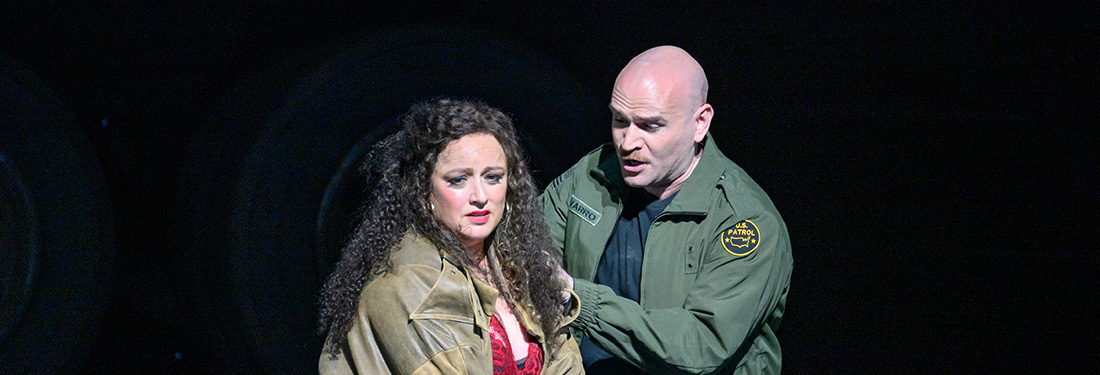
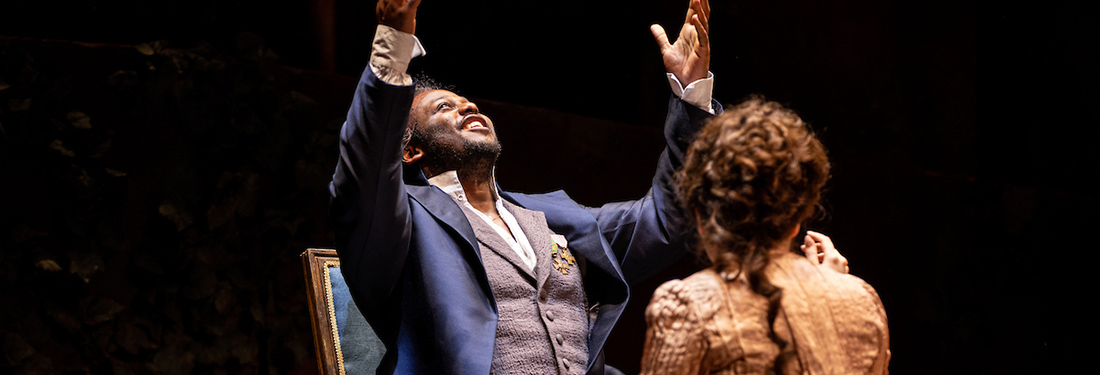
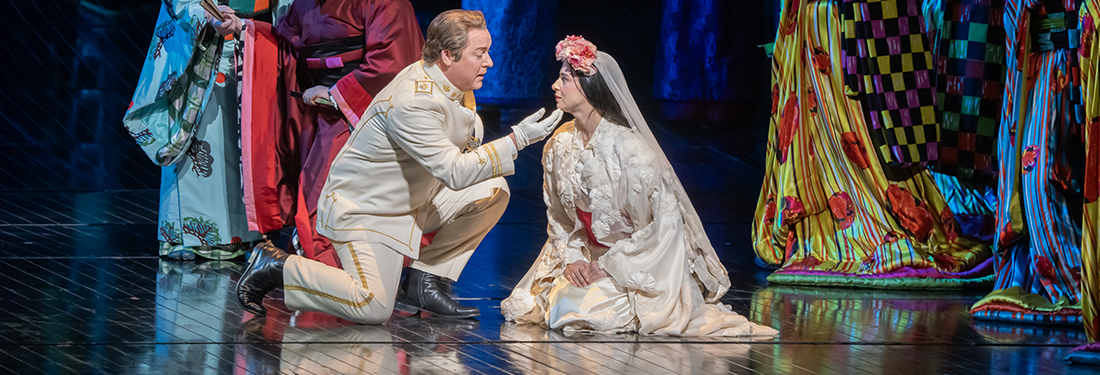
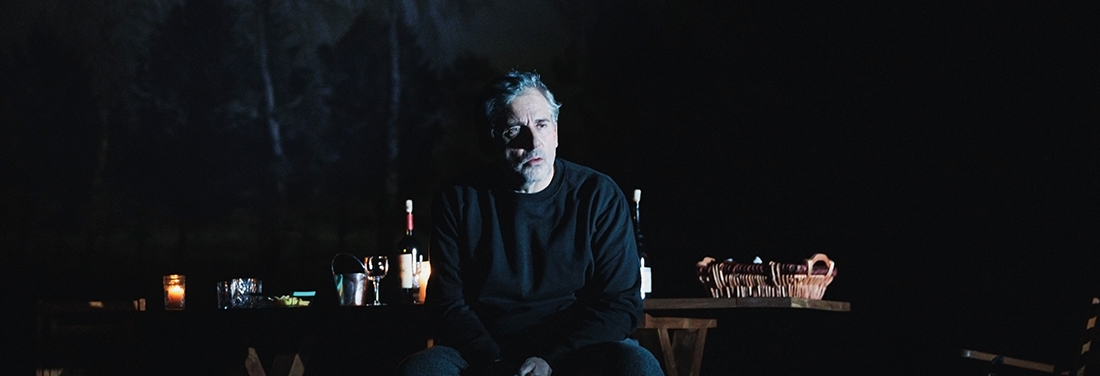
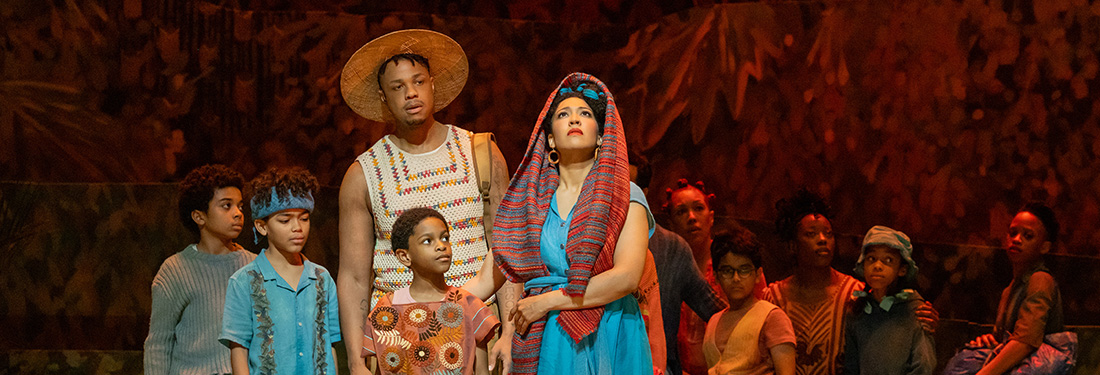
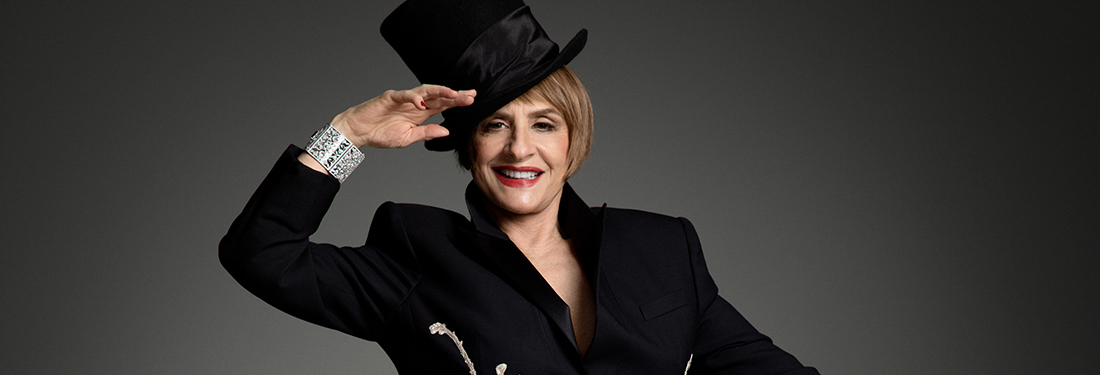
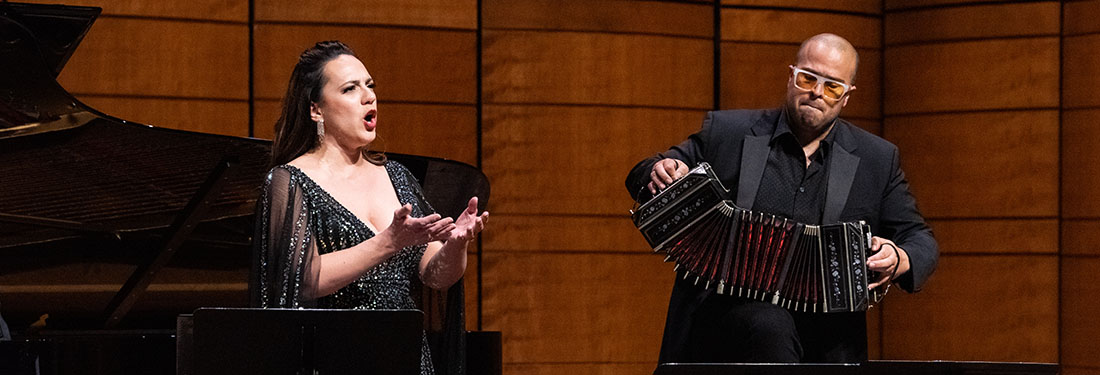
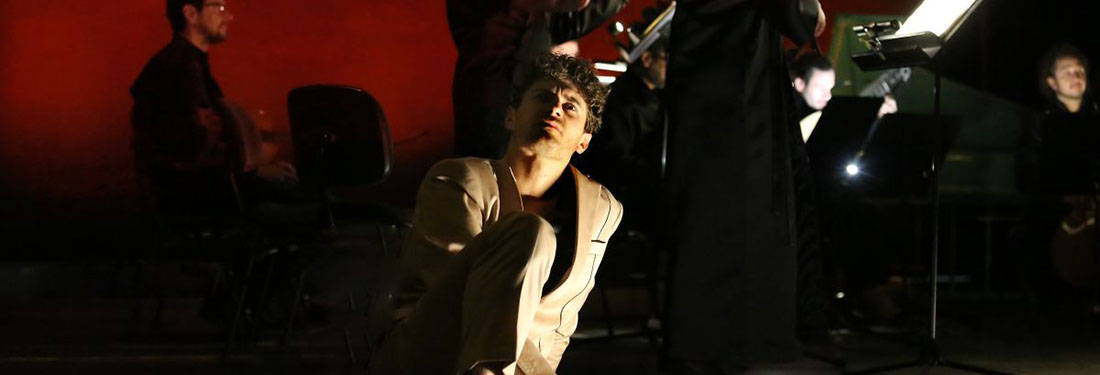
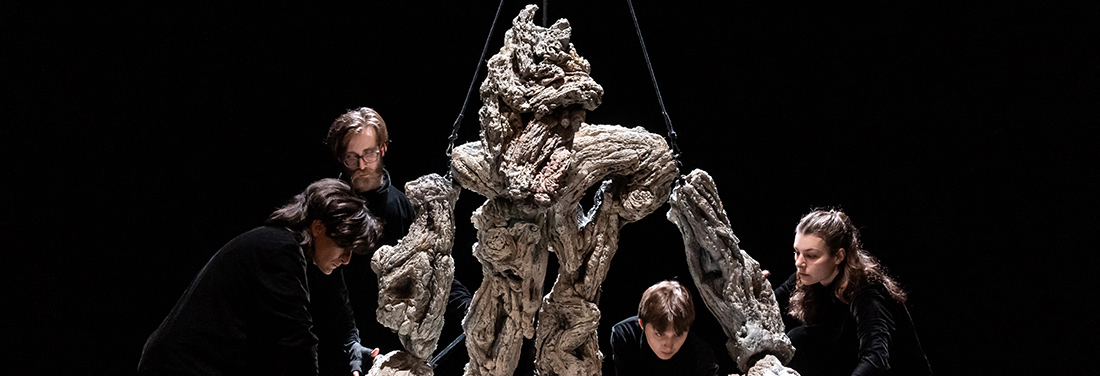
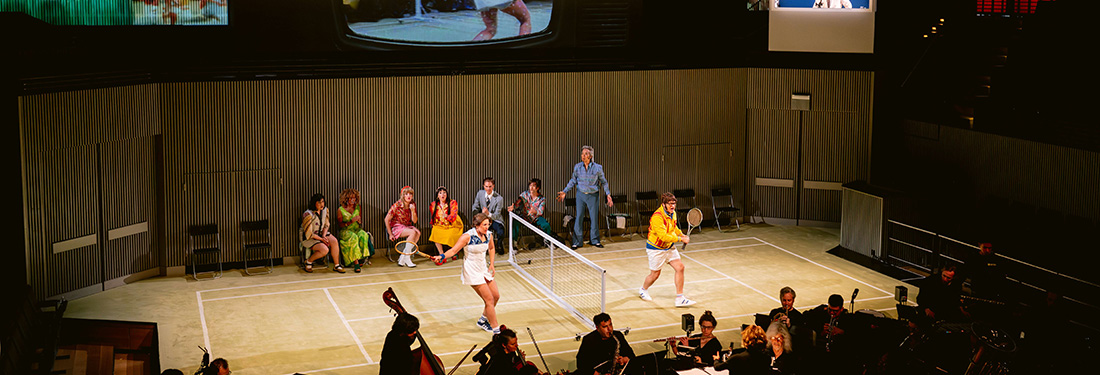
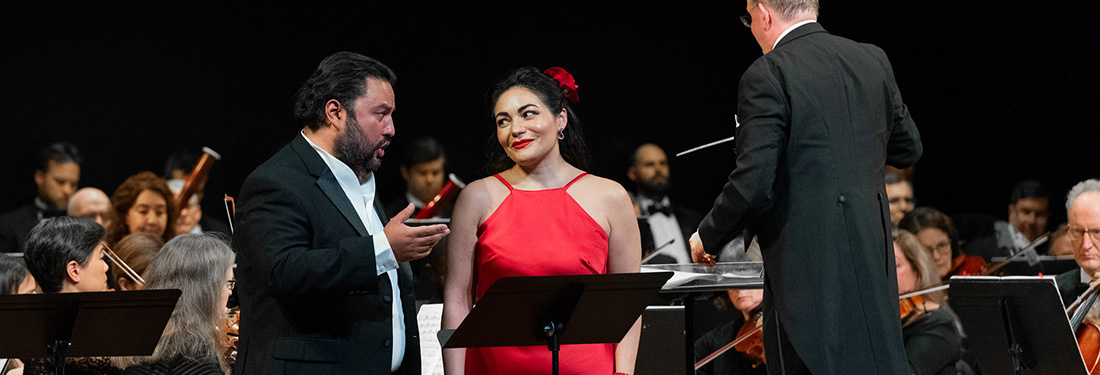
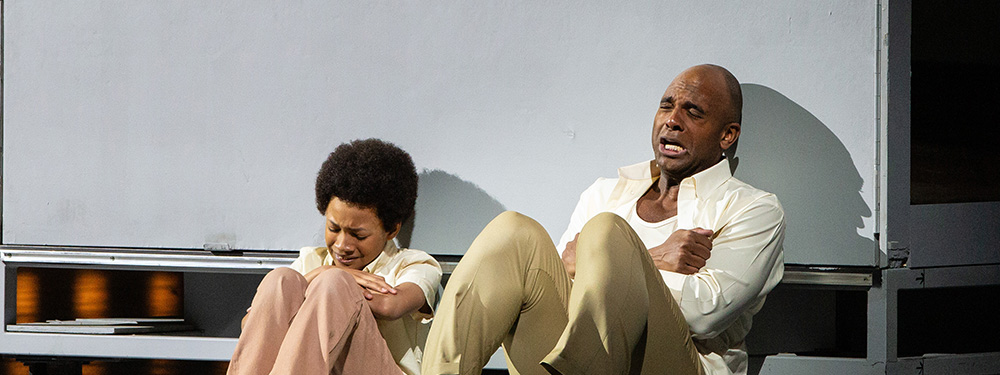
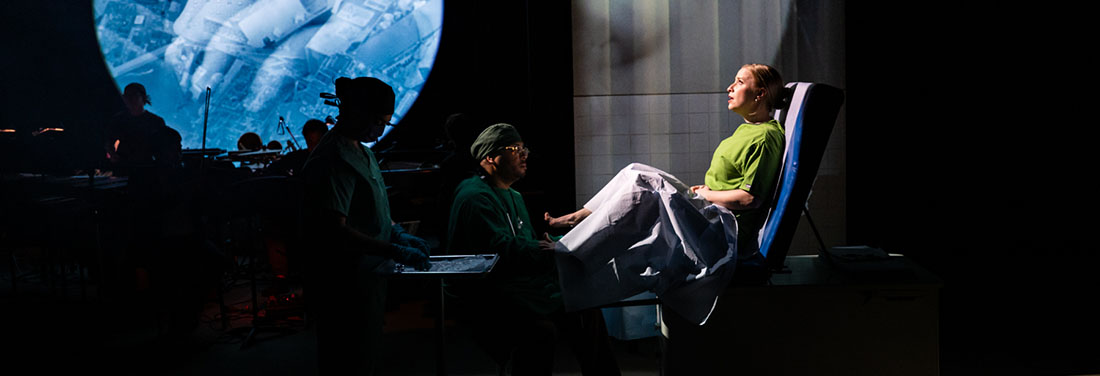
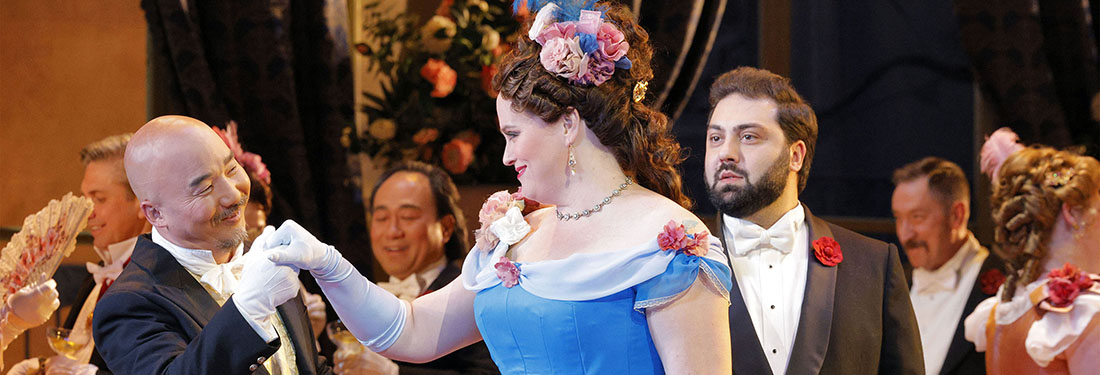

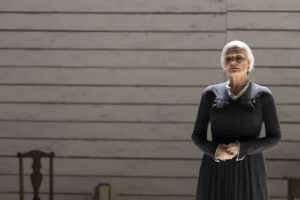
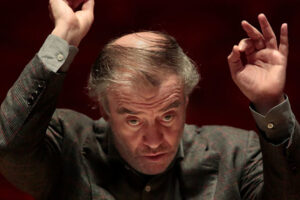


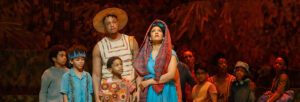


Comments